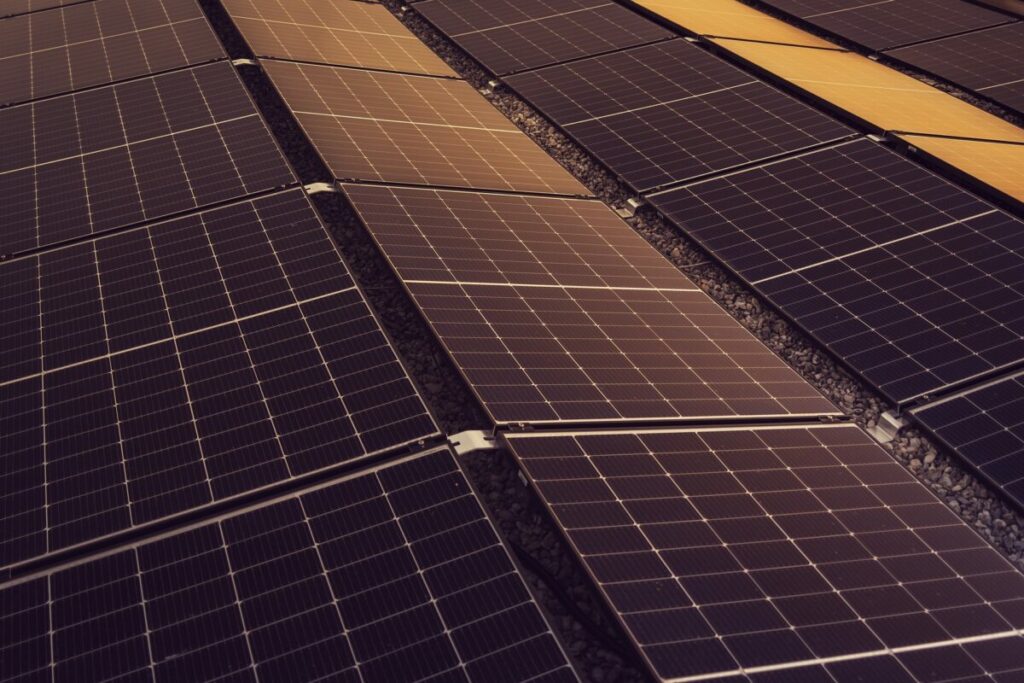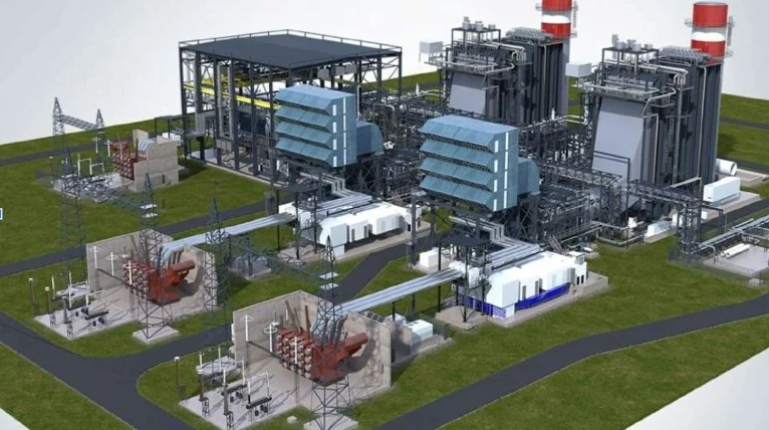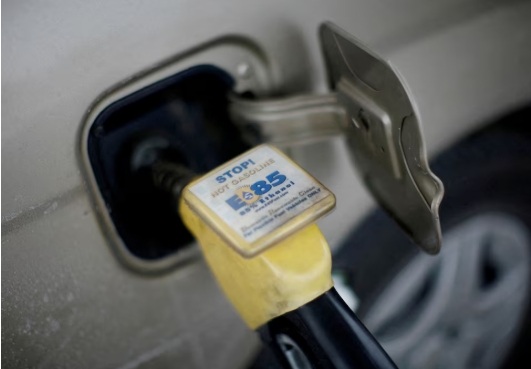
AI-powered solar energy platform Metris Energy has raised £2 million to “revolutionise” how property owners assess, install and monetise solar energy.
Secured via a pre-Seed funding round, which was led by Octopus Ventures and Aenu VC, the funding will help the company develop its AI-powered solar platform and support a “£22 billion revenue opportunity” in the commercial property sector.
Metris guides property owners through the entire solar journey, from the initial assessment to installation and ongoing energy management.
The platform uses AI to generate portfolio assessments and calculate the financial benefits of solar energy adoption in minutes. It also removes the administrative burden associated with selling solar energy to tenants by digitising and automating contracts.
Natasha Jones, co-founder at Metris, said: “We believe that by aligning financial incentives with environmental benefits, Metris holds the key to unlock scale adoption of solar in the commercial property segment. With Metris’ AI-powered platform, commercial property owners can easily leverage unused roof space to generate extra revenue and play a crucial part in securing a greener, more prosperous future for the planet.
“We’re at the forefront of the decentralised energy revolution, driving the adoption of solar within commercial real estate, and we’re excited to be joined by expert investors to supercharge our mission to turn every building into a power plant.”
AI continues to be looked at in the UK market as a means to bolster solar PV. In August 2023, The Department of Energy Security and Net Zero (DESNZ) announced a £3.25 million funding package to support projects using AI to accelerate solar connections to the grid.
Forming part of the £1 billion Net Zero Innovation Portfolio, 12 AI projects looking to boost renewable energy generation would receive a share of £1 million of the funding.
This includes the London-based Open Climate Fix Ltd. (receiving £121,500) which is developing AI technology that will use satellite data to forecast the amount of solar energy transferred to the grid in order to reduce network congestion and heighten the efficiency of renewable energy transmission.







